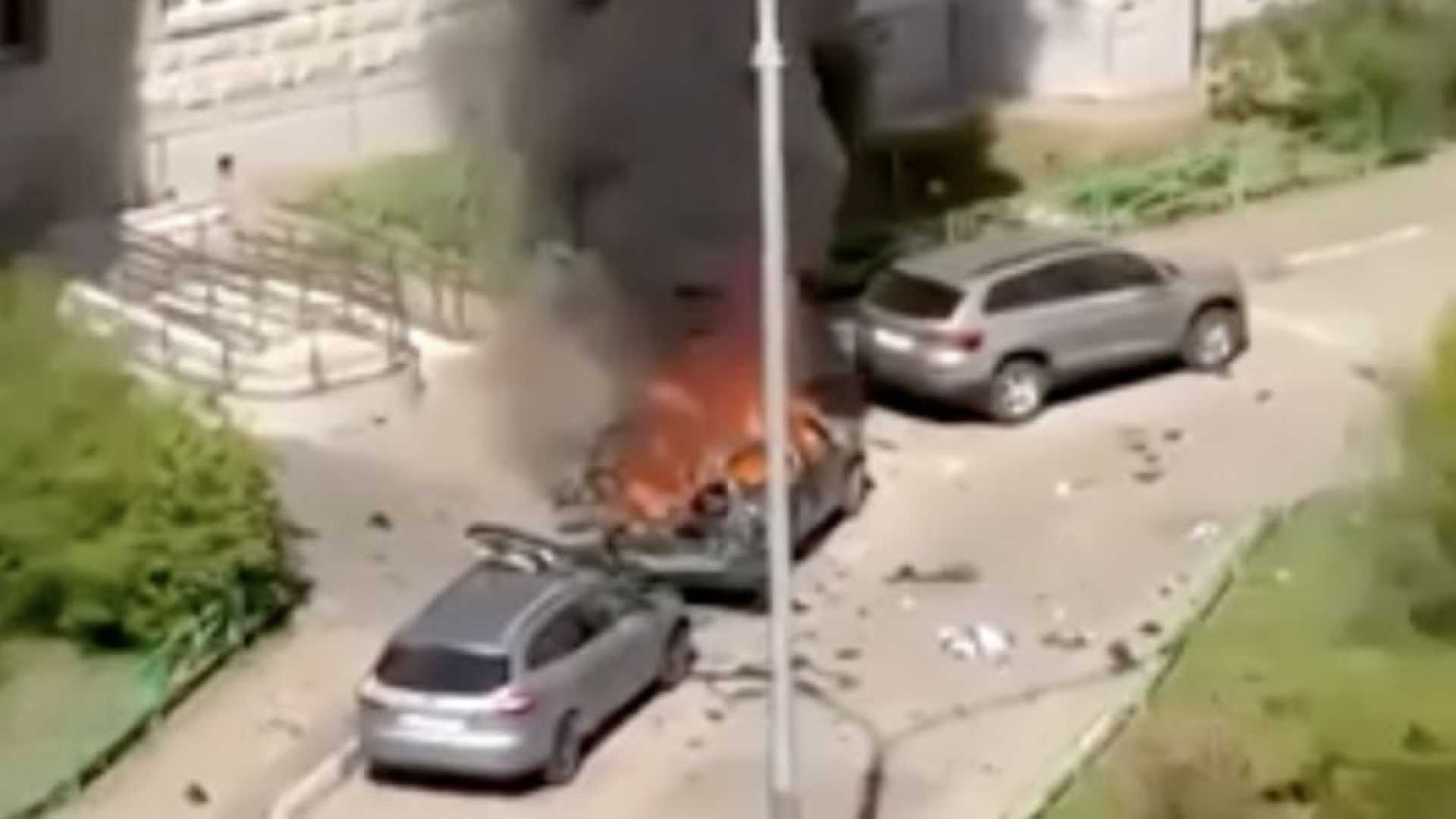News
Senior Russian General Killed in Balashikha Car Bombing

Balashikha, Russia – A senior Russian general was killed in a car bombing on Friday in the city of Balashikha, authorities confirmed. The explosion occurred just before U.S. Special Envoy Steve Witkoff was scheduled to meet with President Vladimir Putin in Moscow.
General Yaroslav Moskalik, deputy head of the Main Operations Directorate of the General Staff of the Russian Armed Forces, died when a Volkswagen Golf exploded in the yard of a residential building. The blast was caused by an improvised explosive device packed with shrapnel, according to Russia’s Investigative Committee.
The explosion reportedly took place as Moskalik exited a nearby building, although initial reports suggest he may not have been inside the vehicle at the time of the blast. This incident adds Moskalik to a growing list of senior military figures targeted in attacks that have seen parallels drawn to previous operations linked to Ukraine.
Russian Foreign Minister Sergey Lavrov stated Moscow is “ready to reach a deal” to end the war in Ukraine, though he noted that specifics still need to be “fine-tuned.” Witkoff’s visit marked his fourth trip to Russia since President Donald Trump took office in January, and his second this month.
Witnesses reported seeing smoke and debris immediately following the explosion. In a statement, the Investigative Committee reported that a criminal probe has been launched, with forensic experts dispatched to the scene.
The influential Russian military blog Rybar described Moskalik as “competent and demanding,” suggesting that he was not well-liked among his peers due to his strict leadership style. Despite his low profile, the general had been involved in significant military discussions in previous years, including negotiations related to Ukraine.
As investigations continue, no group has claimed responsibility for the attack, but it comes amid heightened tensions in the region, following a series of other violent incidents that analysts suggest may have deeper implications for ongoing U.S.-Russia relations.












